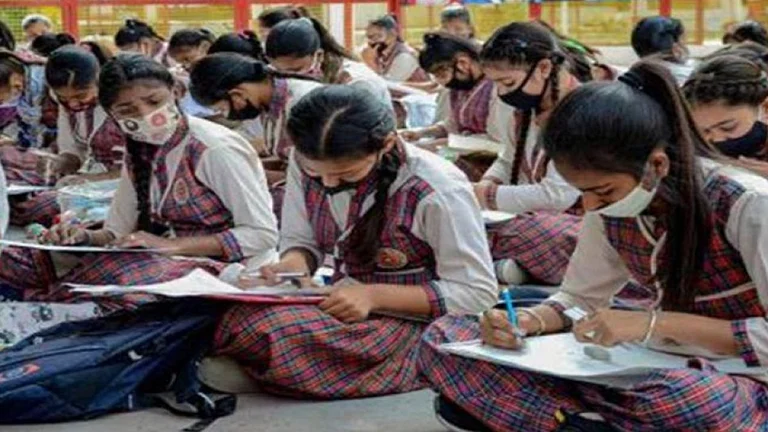The world’s most densely populated cities are increasingly experiencing extreme weather events ranging from droughts to floods due to rising global temperatures, according to a new study commissioned by charity WaterAid, reported BBC.
Temperature Rise Causes 'Whiplash' of Floods and Droughts: How Climate Change Affects Extreme Weather Events?
Rising temperatures are driving a dramatic shift in weather patterns, with major cities worldwide increasingly vulnerable to extreme floods and droughts. A new study sheds light on how these events are reshaping urban environments and infrastructure
The study analysed over 40 years of climate data and assessed cities' social and water infrastructure vulnerabilities, such as poverty and waste systems. Researchers identified the most vulnerable cities to extreme weather events and those least equipped to cope. It also found that 20% of the 100 cities studied had shifted from experiencing one extreme climate event to another. For example, cities like London, Madrid and Paris are facing more extreme dry climate, while Colombo and Lahore are now facing more severe floods.
According to Reuters, 15% of the cities surveyed are now facing both extreme floods and drought risks simultaneously, among them the Texan city of Dallas, the commercial hub of Shanghai and Baghdad, the capital of Iraq.
"There will be winners and losers associated with climate change," said Michael Singer of the Water Research Institute at Cardiff University, one of the authors of the study told Reuters. "It's already happening," Singer added.
China's eastern city of Hangzhou and Indonesia's capital of Jakarta topped the list of cities suffering from "climate whiplash", or a rapid succession of prolonged floods and droughts, reported Reuters.
Climate Change Affects Extreme Weather
Another study by Carbon Brief in November 2024 reviewed over 600 studies, covering almost 750 extreme weather events. It found that 74% of these events were made more likely or severe by climate change. Many cases showcased that these extreme weather events would have been virtually impossible without human influence on global temperatures.
To track this growing field of research, Carbon Brief mapped all published studies on how climate change has influenced extreme weather.
In contrast, around 9% of the events and trends in the map were made less likely or severe by climate change.
This means that, overall, 83% of the events and trends included in the map were found to have been influenced by human-caused climate change.

